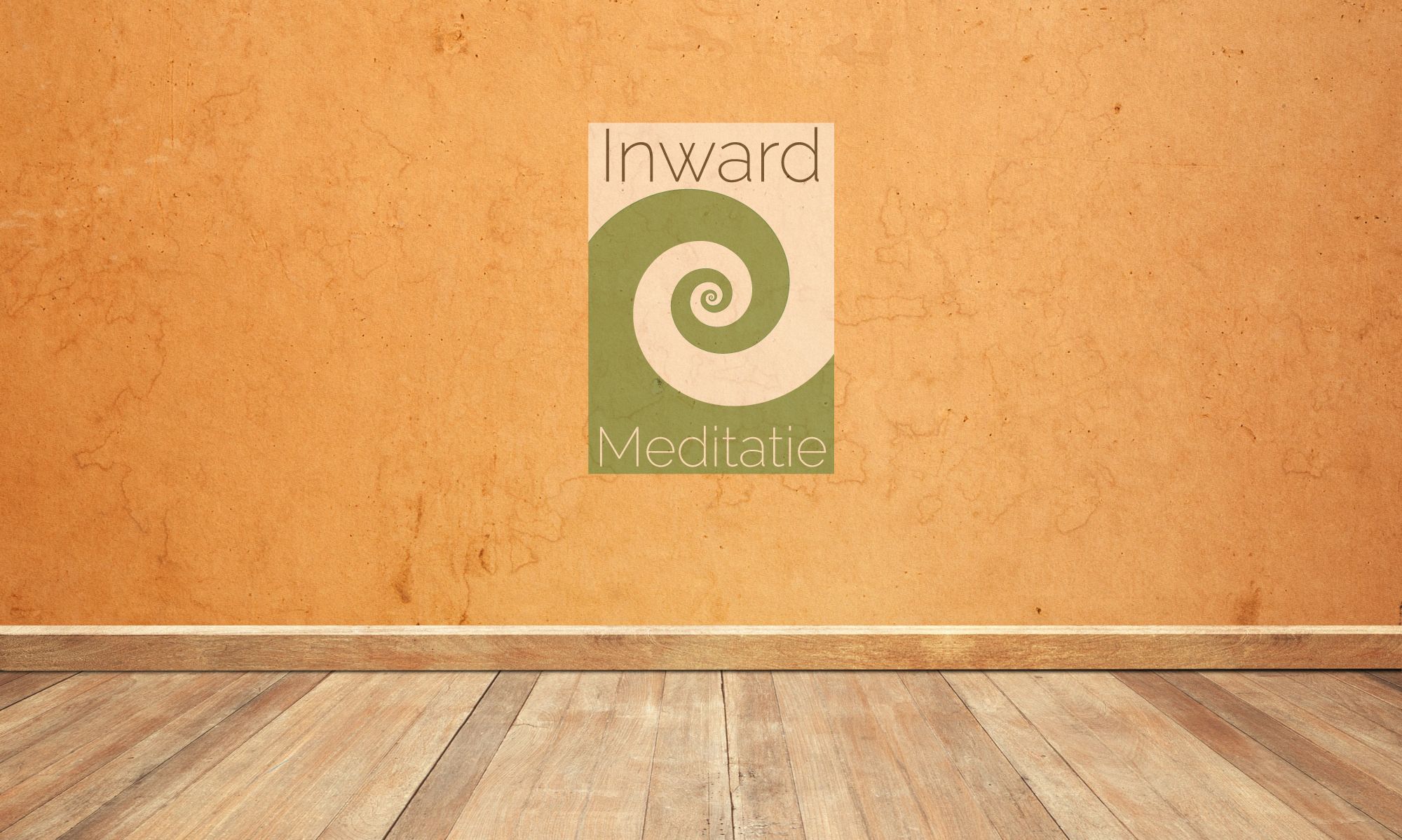Mindfulness of death makes you happier, more grateful and gets you in touch with the magic and mystery inherent in each moment.
Humans are prone to wonder about the meaning of life. What other animal looks up at the stars to ponder his place in the Grand Scheme of Things? It’s the eternal question that keeps plaguing man, while at the same time opening his eyes to the wondrous beauty that is inherent in life. How silly man is, knowing somewhere in the dark recesses of his mind that the answer is exceedingly simple: the meaning to life is death.
You must die. And so must I. There has never been a birth that has not resulted in death. Death is the ultimate consequence of living. Every living thing knows it, implicitly. We all – worms, tigers, trees and us – struggle for survival. Man’s excruciating predicament is that our knowledge of mortality is explicit. Not only will our lives end, they will end at some unspecified time in the future. It may be in an hour, or it may be in eighty years. Eventually, your body will become lifeless, decay and turn to dust. This explicit knowledge of the fact that we are for the chop is evaded, pushed away, repressed. It is simply too terrifying. But make no mistake. Like all other creatures, we live in the constant tacit awareness that our lives are finite.
That is why we create myths, cultures, isms. Symbolic structures that are meant to survive our mortal selves and reprieve us from pondering our mortality in this moment. To bond with others who fear death same as us. And, through this bond, to experience some degree of safety from the horrific truth that your life will end.
Many of these cultural stories are so successful that they can’t abide competition. The others MUST be wrong. And, being wrong, they must either leave us alone, be converted, or…
Suicide bombers, kamikaze pilots, freedom fighters. Paradoxically, it’s the very device that we invented to deny the reality of death that brainwashes some of us to be willing to die for its perceived preservation. It’s like a short circuit in the mind.
But, in a way, aren’t most of us selling ourselves short? Aren’t you? Aren’t we asking the wrong question when we ponder the meaning of life? Shouldn’t we be mindful of the meaning of death? Shouldn’t we take significant time to ponder what meaning our impending deaths bestow on each of our existences?
Cancer survivors, near death experiencers and mystics regularly tell us about a renewed zest for life that results from their brushes with the finite. Humans, both religious and otherwise, often crow about these stories as “inspiring” and “life-affirming”.
Yet, we humans cower before the prospect of our own mortality. We run for the hills. We bury ourselves in busywork and social distractions to forget about our ultimate destination. Aided and thrust forward by culture, we continuously project our immortal selves into the future, while our vile bodies inch ever closer to death. Until they give out, fluids leaking from every orifice, and you can no longer deny the inevitable: your life is nearly over. What did you do with it?
Keep convincing yourself that you, yes you, will be different. That you will somehow – uniquely in history – dodge the grim reaper’s scythe. Convince yourself thus and you will never truly live. Life will slip through your fingers and you will be unable to stop it.
No. Stop mis-living. Wake up. Your life is made meaningful ONLY by its inevitable demise. Something that cannot die, also cannot truly live. After all, if you’re immortal, why do anything at all?
It is the proximity, the randomness, the injustice of death that gives your life poignancy. Instead of viewing death as a curse, you should celebrate death. You should mindfully embrace its cold and bitter countenance and welcome its blessings into your daily life. You will be the better for it.
You will have more gratitude, be more content. You will develop a firmer sense of your priorities and goals. You will experience life to a higher degree and take less for granted. You will be invited to examine your habitual reactions. To examine them and to improve them. You will likely dispense with the superfluous, while retaining the essential. The more you do this, the happier you will become.
You are sceptical. I understand. “Ponder death for greater happiness?! Will this not instead make me a dour and depressed individual?” I’m not saying you should pitch a tent or build a dwelling in the awareness of death. I’m saying you should take a few moments each day to visit the fact of your eventual demise. To envision your passing, not as an exercise in futile fortune telling but as a spiritual practice.
Medieval European monks maintained the ascetic practice of Memento Mori: remember your death. A reflection on mortality by pondering the ephemerality of earthly pursuits. Then the Age of Enlightenment came along and said: “To hell with all that, live now and Carpe Diem!” Seize the day, banish all thoughts of mortality and afterlife, and live for the moment.
I would suggest a blending of the two. Memento Mori. Not because there is a better afterlife waiting for you if you live correctly in the here and now. But emphatically because the Here and Now is all you really have. And so, Carpe Diem!
The Stoics practiced negative visualisation. They would ponder the transience of beloved objects and persons in their life, and at times also their own bodies’ temporary nature. Doing so would have the effect of rendering the time you had left with these objects and persons more crucial. Imbue them with more urgency. It would also help you to revalue their presence in your life. We tend to want new things after a while. This was true 2000 years ago – when the Stoic philosophers walked the earth – and it is true right now. Practicing negative visualisation stays this tendency. Pondering your own demise would bring into focus and reassess the priorities and goals that you’ve set for your life.
Buddhist monks of the Theravada tradition maintain a number of practices. One is to practice awareness as if this breath was your last one ever. Another is to keep decaying corpses around the meditation hall. To foster awareness of the shortness of life and to reflect on the stages of decay that your own body must eventually go through.
A third Buddhist practice is to imagine that:
- You’re about to die. Your body is near death. Breathing is difficult. Your heart rate is almost non-existent. You can feel the presence of death. It’s coming, like a silent assassin. What are you holding on to? What can you let go of?
- You have just died. Your body is unresponsive. Your breathing has stopped, and so has your heart.
- Your body is decomposing. To wit:
- Your body is blue and swollen
- Your body is being eaten by animals and insects
- Your skeleton is bloody with bits of flesh and kept together by tendons
- A blood-smeared skeleton held together by tendons
- A skeleton held together by tendons
- A smattering of bones, hither and dither
- Whitened bones scattered across an area
- A heap of bones, over a year old
- Dust from rotten bones
Fun stuff, huh? This kind of practice seems outlandish to Western sensibilities. Eerie, even. If it didn’t have the power to make you outrageously happy, I would agree with you. I could even see a place for this practice among the chain smoking tin foil hats of long-term psych wards. But there we are. This practice, counter-intuitively, does make you happy. It provides you with a sense of relief that you’re not, in fact, dead yet. Urgency develops, to make something of this moment, whereever you may find yourself.
This vicarious proximity to death provides the clarity to cut through your addiction to symbols and postponed gratifications to experience this moment, unmediated, in all its glorious wonder. The miracle of drawing breath. The miracle of beholding a coffee mug, table top or piece of denim fabric. The miracle of smell, of taste, of hearing cars go by. The miracle of thought. The naturalness of calm and joy. Of happiness.
The power of this experience stops cold all your actions, all your groping for security. It compels you to just BE, in awe of the miracle of being alive in this moment.
Our mortal fear of death is insidious. Its explicitness makes us tremble in the shadows, running headlong into the arms of culture. In creating and sustaining culture, symbols and language, have we been betting on the wrong horse? The heroin horse that holds our heroism to be healthier than heaven?
What if the answer is as simple as “turning towards” your mortal fear of death? Which, admittedly, is rather an awkward thing to do. Not to stare down your fear with your unyielding gaze, but to mindfully listen to it. To learn from it. Not indeed to conquer it, but to love it for the unimaginably precious gift that it bestows: the meaning of your life.
Then, if you are afraid of death and in love with life, love death for its meaning-bestowing properties. Mindfully experience your fear, so that you may live as fully as possible. Know life through your familiarity with death. Or run the risk of mis-living while you run for cover.

